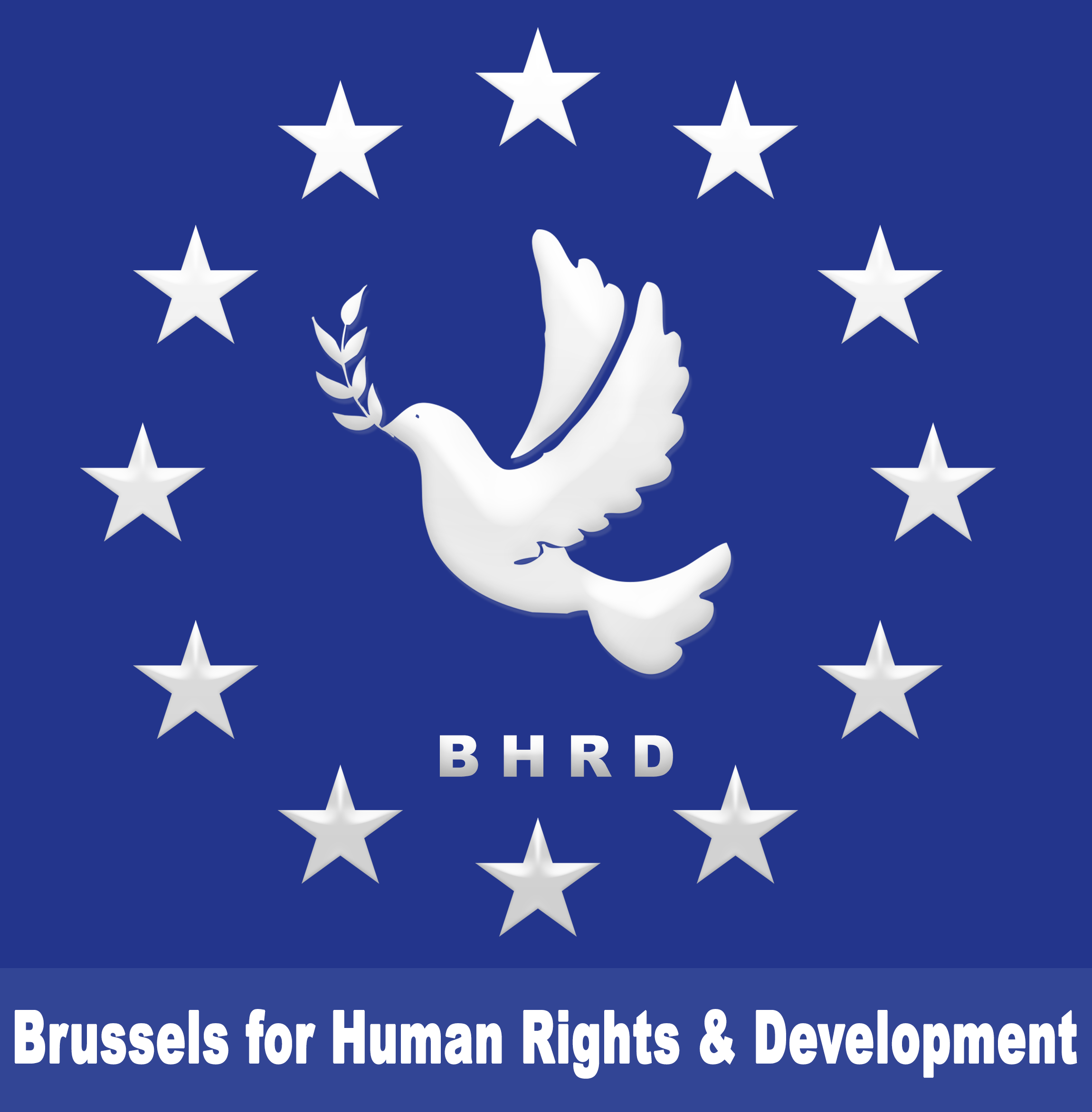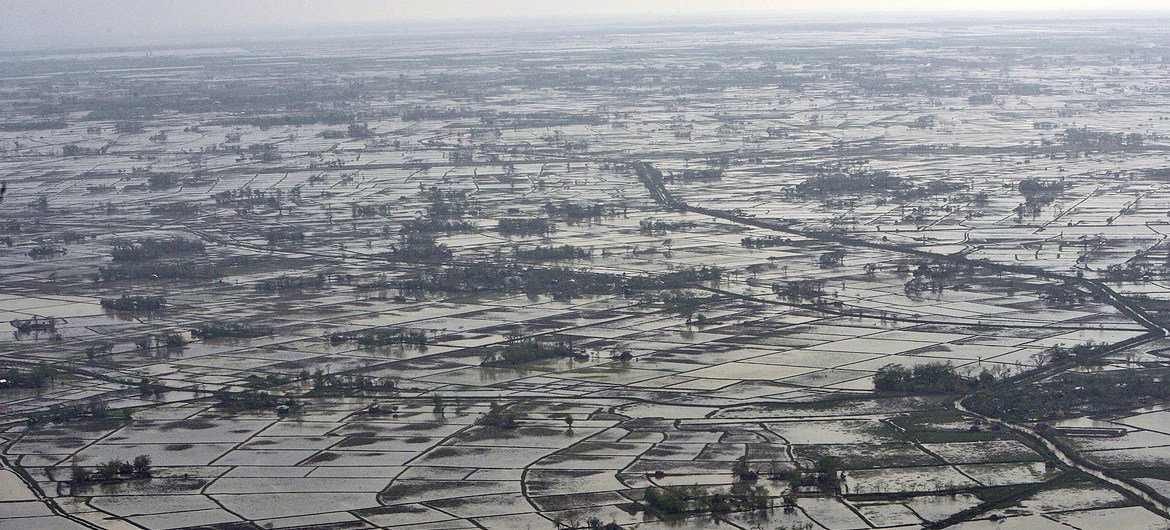Every year on August 30th, the world observes the International Day of the Victims of Enforced Disappearances, a day dedicated to remembering those who have been secretly abducted or imprisoned, often by state agents, and whose fates remain unknown. This day, established by the United Nations, serves as a powerful reminder of the thousands of individuals who have vanished without a trace, leaving their families in a state of perpetual anguish.
Enforced Disappearances: A Grave Human Rights Violation
Enforced disappearances are not just acts of kidnapping; they represent a severe violation of multiple human rights, including the right to security, freedom from torture, and even the right to life. These disappearances are often used as tools of political repression, silencing dissent and instilling fear within communities. Governments or their agents, who perpetrate these acts, typically deny the detention of the victims or refuse to disclose their whereabouts, effectively placing them outside the protection of the law.
The Human Cost
For the families of the disappeared, the pain is immeasurable. They are left in a state of limbo, unable to mourn, uncertain whether their loved ones are alive or dead. This uncertainty can lead to prolonged psychological suffering, exacerbated by the lack of closure or justice. Moreover, enforced disappearances often leave families economically destitute, particularly when the disappeared person was the primary breadwinner.
A Global Issue
While enforced disappearances are often associated with dictatorial regimes, they are a global issue affecting numerous countries, including those in conflict zones or under authoritarian rule. The international community has recognized the severity of this crime, leading to the adoption of instruments such as the International Convention for the Protection of All Persons from Enforced Disappearance, which aims to prevent such violations and ensure justice for victims.
Brussels for Human Rights: Standing in Solidarity
At Brussels for Human Rights, we stand with the victims of enforced disappearances and their families, offering our unwavering support and solidarity. We call on governments around the world to fully implement international conventions, ensure accountability, and provide reparations to the victims and their families. On this International Day of the Victims of Enforced Disappearances, we urge the global community to unite in the fight against this heinous practice and to work tirelessly towards a world where no one has to live in fear of being disappeared.
Join Us in the Fight for Justice
We invite you to join us in raising awareness about enforced disappearances and advocating for stronger protections against this crime. Together, we can ensure that the voices of the disappeared are heard and that their families receive the justice they deserve.


 العربية
العربية










